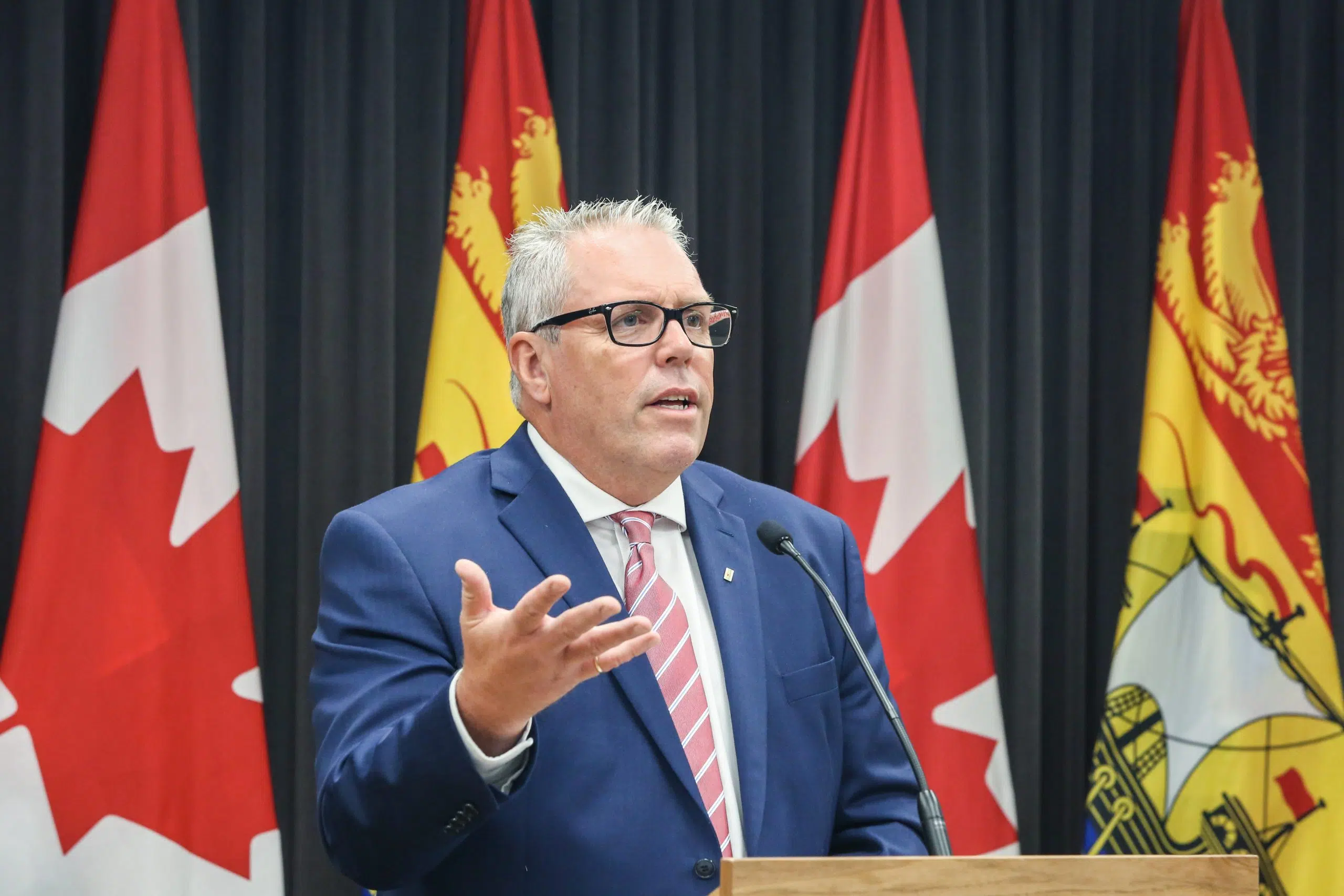New Brunswick has halted plans to reduce the so-called “double tax” on apartments, cottages and second homes.
It comes as the province forecasts a $299-million deficit this year due to the impacts of the COVID-19 pandemic.
In its 2020-21 budget, the province announced plans to slash the property tax on non-owner-occupied residential properties in half over four years, beginning in 2021.
The province said it would also reduce the provincial non-residential property tax over the same time frame.
But Ernie Steeves, the province’s finance minister, said it has become they can no longer afford to do so.
“Our government is committed to lowering the tax burden on New Brunswickers. But we have also been clear that we will do it only as the fiscal situation allows,” said Steeves in a release Wednesday.
The two measures had been intended as a first step in making the province’s tax system more competitive.
Steeves said the province faces an “unprecedented” economic downturn and it will likely take years before revenues stabilize.
“As we begin to move down a path to recovery, we will explore all options on how we can encourage economic growth in a sustainable manner,” he said.
Austin not impressed "one bit" by government plan to abandon plan to eliminate double tax. Austin says $900 handout was more expensive than a plan that could boost every small business in new Brunswick. #nbpolihttps://t.co/60vbrLKcuX.
— People's Alliance (@PANB_AGNB) May 27, 2020
The decision is being described as a “bad move” by the leader of one of New Brunswick’s three opposition parties.
Kris Austin with the People’s Alliance of New Brunswick said the tax cut would keep more money in business owners’ pockets, allowing htem to reinvest in their companies so they can hire more people.
“What I have been pushing for and continue to push for, to help the economy of this province, is tax cuts for businesses; things like deregulation. I was very disappointed to hear today that the government is not going to be proceeding with the reduction of the double tax,” said Austin in a release.
Austin said the tax cut, which would cost the province between $21 million and $24 million a year in revenue, would “reinvigorate the province’s economy.”




